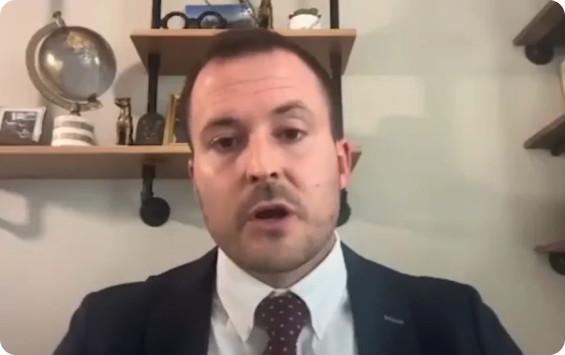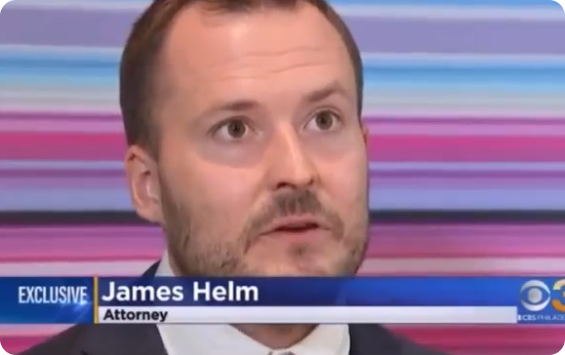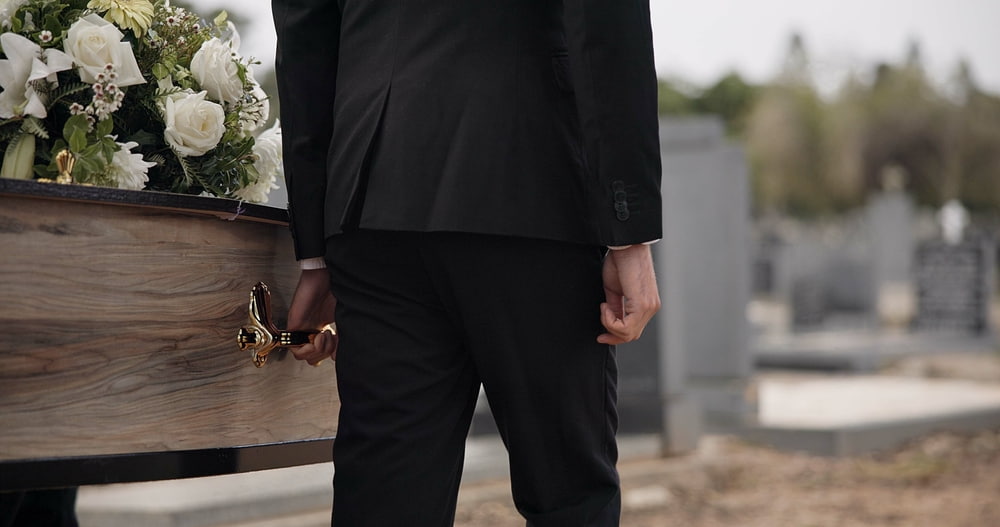Home » Missouri Wrongful Death Lawyer » Kansas City, MO Wrongful Death Lawyer
Roughly one out of every six accidental deaths in Missouri involves someone else’s negligence. Not freak accidents. Not random chance. Someone, somewhere, made a reckless choice—and a family paid the price.
Missouri law gives families the right to pursue a wrongful death claim. That means you could hold the responsible party accountable and recover financial support for things like lost income, funeral expenses, and the gaping hole left in your life.
But this isn’t something you have to figure out alone. At TopDog Law, our network of Kansas City wrongful death lawyers works with families like yours every day. Call (888) 778-1197, and a local attorney will review your case and explain your options.



A wrongful death lawsuit is one way families in Kansas City hold people accountable when reckless choices or outright negligence cause a death that shouldn’t have happened. Under Missouri Revised Statutes Section 537.080, certain family members have the legal right to file a wrongful death claim.
But first, it helps to know what these cases look like.
Not every injury is survivable. Some are simply too severe, and they end lives far too early. These are some of the common catastrophic injuries that can lead to a wrongful death lawsuit:
Here’s the short version of what you need to know:
Missouri law allows surviving family members to pursue financial compensation through a wrongful death claim. Missouri Revised Statutes Section 537.090 lays out the types of damages available in these lawsuits. The courts divide these damages into three categories: economic, non-economic, and punitive.
Think of economic damages as the money side of things—the tangible financial losses that come with losing a loved one. These are expenses or losses you can calculate down to the dollar.
Some losses don’t come with receipts. They’re about human connection, love, and the pain that comes with losing those things.
Missouri law only allows punitive damages when the defendant’s actions show “complete indifference to or conscious disregard for the safety of others.”

Several roads and intersections stand out:
Specific intersections have also been identified as particularly hazardous:
Filing a wrongful death claim is one thing. Getting the compensation a family deserves is another. Insurance companies don’t exist to make life easier for grieving families—they exist to protect their bottom line. And they’re very good at it.
An insurance company’s first move typically comes wrapped in sympathy. An adjuster might say, “We’re so sorry for your loss,” while sliding a lowball offer across the metaphorical table. The hope is you take the money and waive your rights to ask for anything else. Here’s how they do it:
Insurance companies don’t fear phone calls or emails. They fear litigation. An experienced wrongful death lawyer knows how to counter these tactics and put pressure where it matters. Here’s how the process works when a qualified Kansas City attorney takes charge:

Grief has no playbook. But Missouri law gives families the power to hold someone accountable when negligence takes a life. You don’t need to figure it out alone—and you shouldn’t.
Call (888) 778-1197 now. A local lawyer will review your case and explain the next steps—no hassle, no strings.

1701 Troost Ave suite 202b
Kansas City, MO 64108